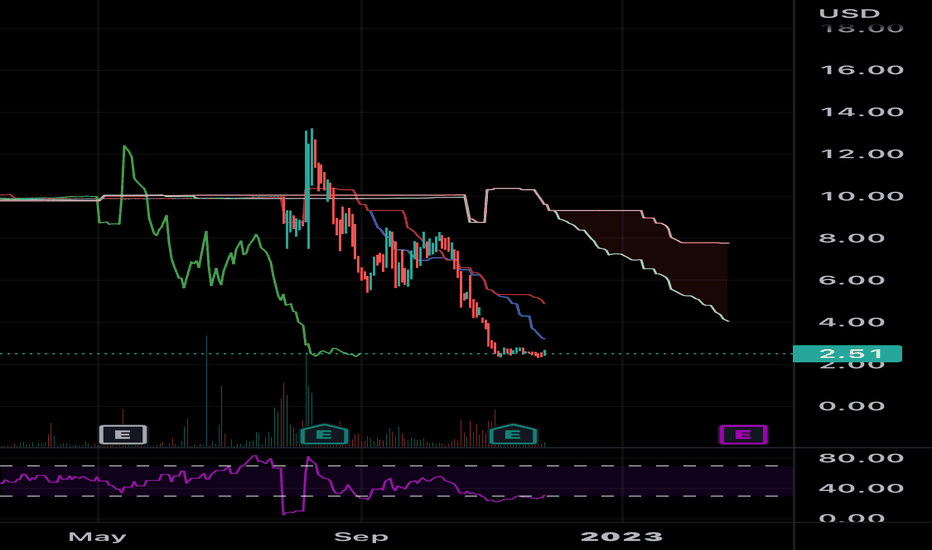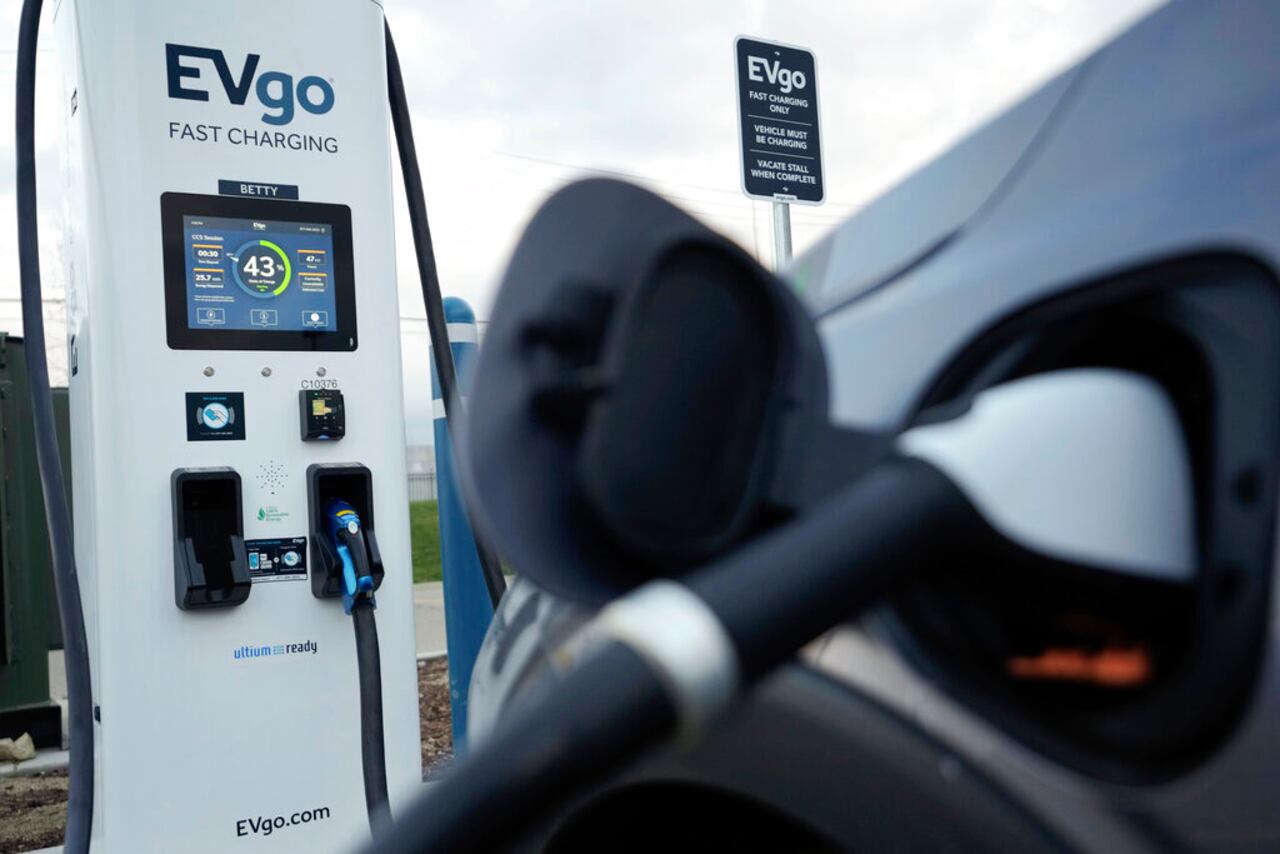China's Impact On Luxury Car Sales: The BMW And Porsche Case Study

Table of Contents
The Rise of China's Affluent Consumer Base
The surging demand for luxury cars in China is intrinsically linked to the rise of a powerful affluent consumer base.
Growing Middle Class and Disposable Income
China's expanding middle class is a key driver of this growth. Increased disposable income has fueled a significant increase in spending on luxury goods, including premium automobiles.
- Statistics: Between 2010 and 2020, China's middle class grew exponentially, reaching hundreds of millions. This demographic's disposable income has risen proportionally, leading to a substantial increase in luxury spending.
- Changing Consumer Behavior: Chinese consumers are increasingly confident and discerning, demanding higher quality, superior service, and personalized experiences. Brand loyalty is not as entrenched as in some Western markets, creating opportunities for innovative brands.
- Luxury Goods Consumption Trends: China is now the world's largest market for many luxury goods. This trend reflects a shift in consumer priorities, with luxury purchases symbolizing success and social status.
Shifting Consumer Preferences and Brand Perception
Chinese consumer preferences differ from Western markets. Understanding these nuances is crucial for success.
- Demand for Specific Car Models: SUVs and electric vehicles (EVs) are particularly popular in China, reflecting a preference for practicality and environmentally conscious choices.
- Importance of Brand Prestige: While Western markets value performance and technology, brand prestige and social status play a more significant role in China. This emphasizes the importance of carefully cultivated brand image.
- Influence of Social Media and Celebrity Endorsements: Social media and celebrity endorsements wield immense power in shaping consumer opinions in China, making digital marketing a crucial aspect of any luxury car strategy.
BMW's Strategy in the Chinese Market
BMW's success in China stems from a multifaceted strategy that combines localization, tailored products, and effective marketing.
Localized Production and Distribution
BMW has invested heavily in local production and distribution to meet the demands of the Chinese market.
- Number of Plants and Dealerships: BMW has established multiple manufacturing plants and an extensive network of dealerships across China, ensuring efficient production and widespread accessibility.
- Benefits of Local Production: Local production significantly reduces costs associated with import tariffs and shipping, while also enabling faster delivery times and responsiveness to market demands.
- Strategies for Reaching Diverse Regional Markets: BMW tailors its distribution and marketing strategies to cater to the diverse preferences and purchasing power in various regions across China.
Tailored Models and Marketing Campaigns
BMW has successfully adapted its models and marketing campaigns to resonate with Chinese consumer preferences.
- Specific Models Popular in China: Certain BMW models, such as SUVs and long-wheelbase versions, are particularly popular in China due to their suitability for family use and chauffeur-driven transportation.
- Marketing Campaigns Emphasizing Local Values and Preferences: BMW's marketing campaigns reflect an understanding of Chinese culture and values, emphasizing themes of family, success, and social status.
- Digital Marketing Strategies: BMW effectively leverages digital channels like WeChat and Weibo to engage with Chinese consumers and build brand loyalty.
Porsche's Success in China's Luxury Car Market
Porsche's success in China is a testament to its ability to maintain brand exclusivity while appealing to the market's desire for prestige.
Focus on Exclusivity and Brand Heritage
Porsche maintains its focus on exclusivity, leveraging its strong brand heritage and performance reputation.
- Marketing Highlighting Brand History and Performance: Porsche's marketing highlights its racing heritage and engineering excellence, resonating with consumers who value performance and legacy.
- Limited Edition Models for the Chinese Market: Porsche occasionally releases limited edition models tailored to the Chinese market, enhancing exclusivity and desirability.
- Exclusive Events and Experiences: Porsche organizes exclusive events and driving experiences for its Chinese customers, fostering a sense of community and strengthening brand loyalty.
Strong Dealer Network and After-Sales Service
Porsche's commitment to an exceptional customer experience is a significant factor in its market success.
- Number of Dealerships: Porsche has strategically developed a robust network of dealerships across China, ensuring convenient access for its customers.
- Customer Service Initiatives: Porsche prioritizes exceptional customer service, providing personalized attention and building strong relationships with its clients.
- Investment in Training and Technology: Porsche invests heavily in training its staff and adopting advanced technologies to enhance the customer experience.
Challenges and Future Outlook for Luxury Car Brands in China
Despite their success, luxury car brands face ongoing challenges in the Chinese market.
Increasing Competition and Shifting Market Dynamics
The Chinese luxury car market is becoming increasingly competitive.
- Emerging Chinese Luxury Car Brands: Domestic Chinese luxury car brands are emerging as formidable competitors, challenging established international players.
- Impact of Electric Vehicles: The rapid growth of the electric vehicle (EV) market is transforming the industry, requiring brands to adapt their product offerings and strategies.
- Changing Government Regulations: Government regulations regarding emissions, fuel efficiency, and autonomous driving are constantly evolving, impacting the operations of luxury car brands.
Geopolitical Factors and Economic Uncertainty
Geopolitical events and economic fluctuations can significantly impact the Chinese luxury car market.
- Trade Wars: Trade tensions between China and other countries can affect import costs and market access for luxury car brands.
- Pandemic Impact: The COVID-19 pandemic highlighted the vulnerability of the global economy and impacted consumer confidence and purchasing behavior.
- Economic Slowdown Scenarios: Economic downturns in China could significantly reduce demand for luxury goods, including premium automobiles.
Conclusion
China's impact on luxury car sales is undeniable, as demonstrated by the success of BMW and Porsche. Their strategies—localized production, tailored marketing, and superior customer service—have proven highly effective. However, maintaining success requires continuous adaptation to the dynamic market environment, evolving consumer preferences, and geopolitical factors. Understanding China's Impact on Luxury Car Sales is crucial for long-term success in this lucrative yet challenging market. For deeper insights into this dynamic sector, continue your research into the evolving strategies driving growth in the Chinese luxury car market.

Featured Posts
-
 How Will Upcoming Earnings Affect Qbts Stock Price
May 21, 2025
How Will Upcoming Earnings Affect Qbts Stock Price
May 21, 2025 -
 The 2025 D Wave Quantum Qbts Stock Market Performance Factors And Implications
May 21, 2025
The 2025 D Wave Quantum Qbts Stock Market Performance Factors And Implications
May 21, 2025 -
 Auto Dealers Double Down On Opposition To Electric Vehicle Requirements
May 21, 2025
Auto Dealers Double Down On Opposition To Electric Vehicle Requirements
May 21, 2025 -
 Paulina Gretzky Channels A Soprano In A Stunning Leopard Dress
May 21, 2025
Paulina Gretzky Channels A Soprano In A Stunning Leopard Dress
May 21, 2025 -
 Thlatht Laebyn Yndmwn Lawl Mrt Lmntkhb Amryka Btwjyh Mn Bwtshytynw
May 21, 2025
Thlatht Laebyn Yndmwn Lawl Mrt Lmntkhb Amryka Btwjyh Mn Bwtshytynw
May 21, 2025
